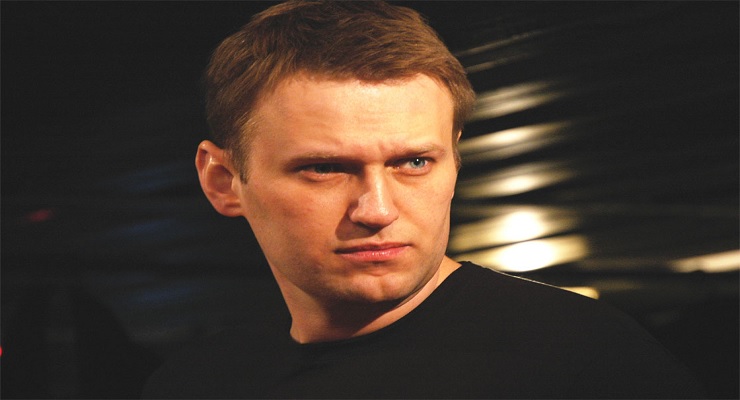
Russia is awaiting a European court ruling on whether it violated the rights of opposition leader Alexei Navalny when arresting him on repeated occasions.
A leading critic of Russian President Vladimir Putin, Navalny is to appear at the European Court of Human Rights in the French city of Strasbourg to hear the ruling Thursday, after a last-minute legal problem delayed his arrival.
The court ruled last year that seven of his arrests were unlawful and ordered Russia to pay 63,000 euros ($67,000) in compensation. But the court didn’t rule on Navalny’s arguments that the arrests were politically motivated.
The Russian government and Navalny appealed, and the case went to the court’s Grand Chamber, which issues its final, binding ruling later Thursday.
Article 18
Navalny, arguably Russia’s most popular opposition figure, has faced fraud charges widely viewed as political retribution for investigating corruption and leading major anti-government protests.
Navalny mounted a grass-roots presidential campaign before he was officially barred from running in this year’s election, which Putin overwhelmingly won.
Navalny’s lawyer Olga Mikhailova told The Associated Press that the legal team is most concerned with whether the court finds that Russian authorities violated Article 18 of the European Convention on Human Rights, effectively meaning the arrests were politically motivated.
Navalny says that would set an important precedent for activists across Russia who have faced challenges in staging public rallies.
Russia: Arrests justified
The Kremlin routinely dismisses Navalny as a trouble-maker with no political backing. Russia’s representative to the ECHR, deputy justice minister Mikhail Galperin, argued during a hearing earlier this year that Navalny’s arrests were all justified and that his unauthorized rallies put public security at risk. He suggested Navalny staged his arrests to get media attention.
Russia is obliged to carry out the court’s rulings as a member of the Council of Europe, the continent’s human rights watchdog. However, Russia has delayed implementing past rulings from the court and argued that it is encroaching on Russian judicial sovereignty.
About a third of the court’s cases last year involved Russia, and of 305 judgments concerning Russia in 2017, 293 found at least one rights violation.
Leave a Reply